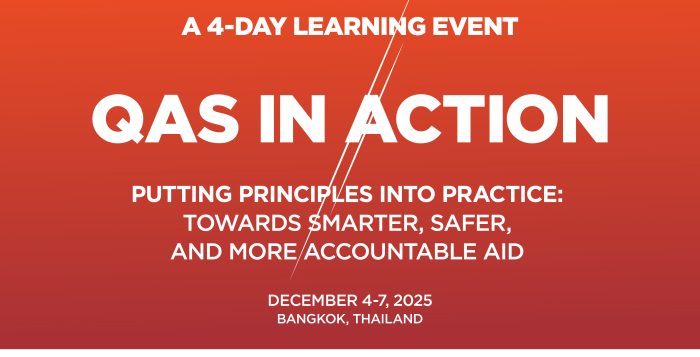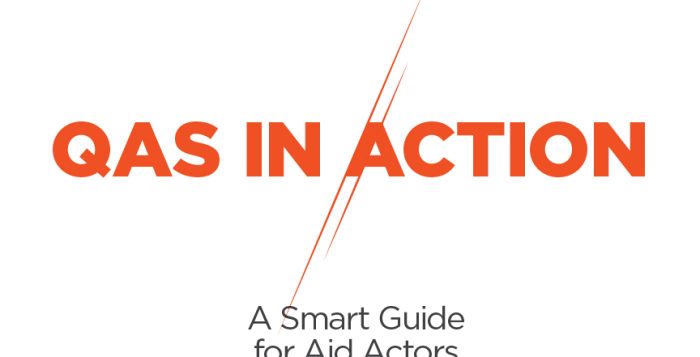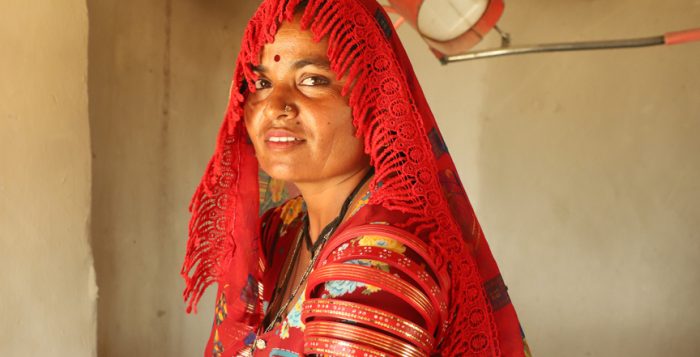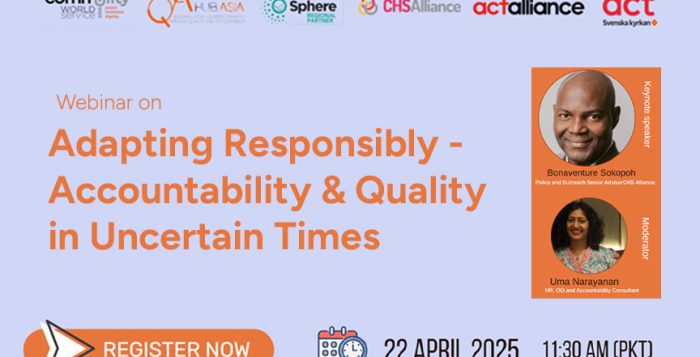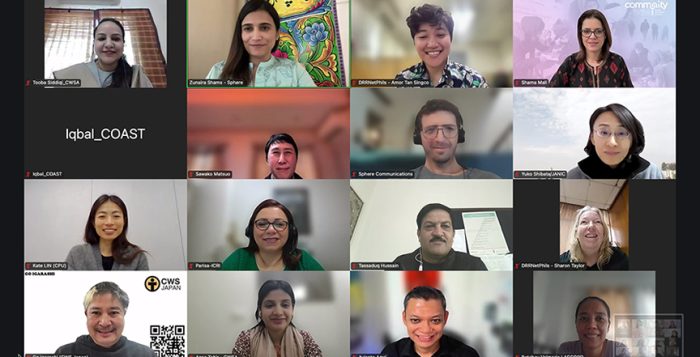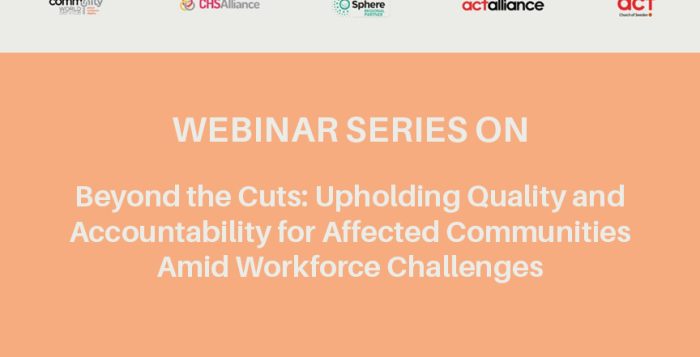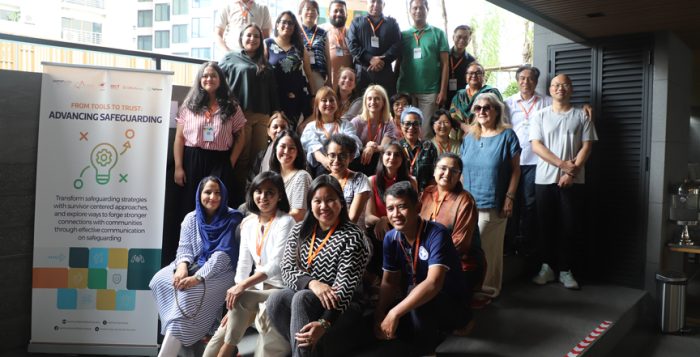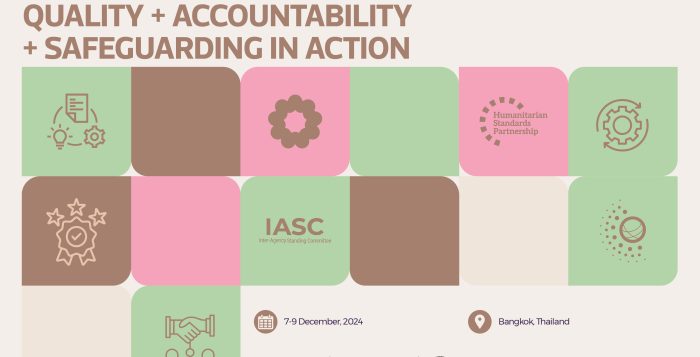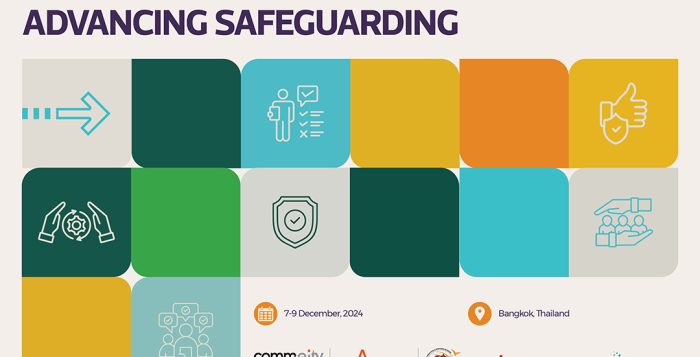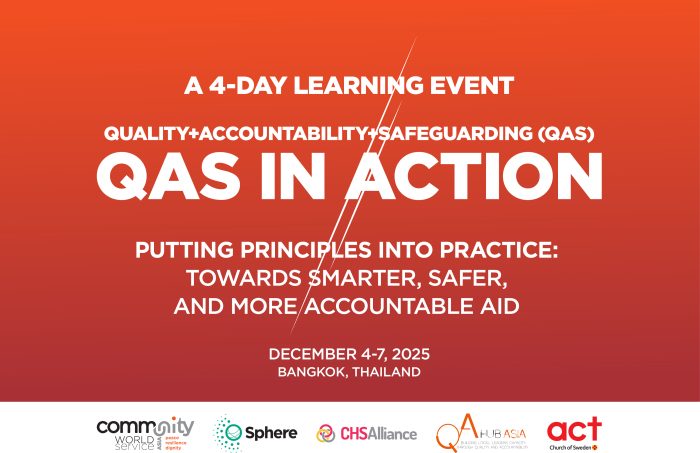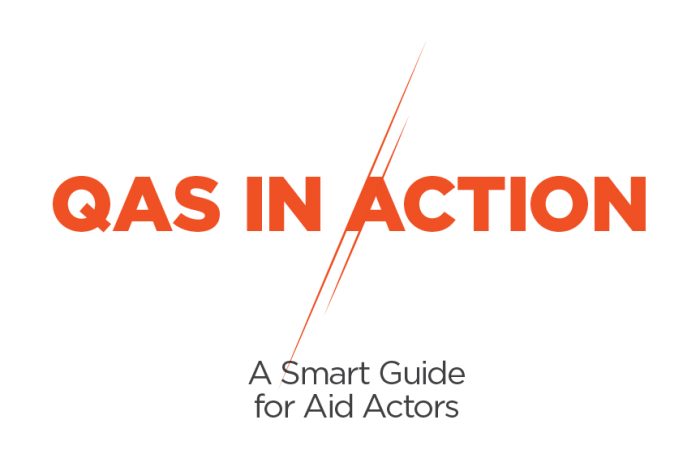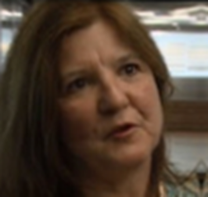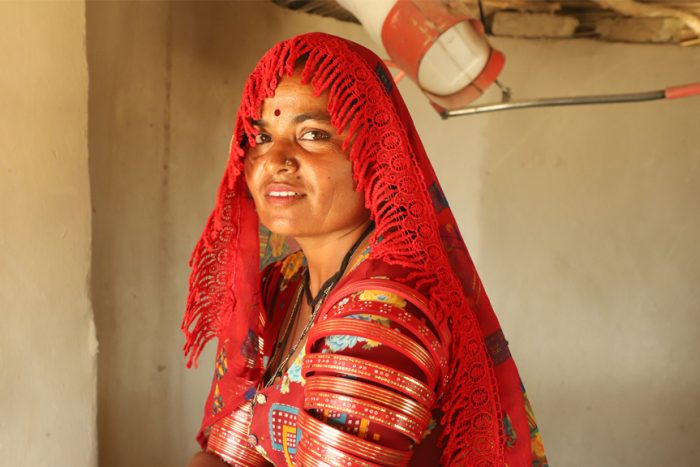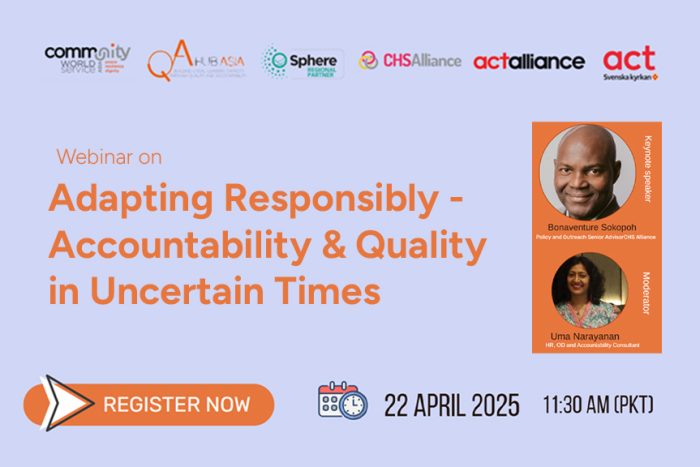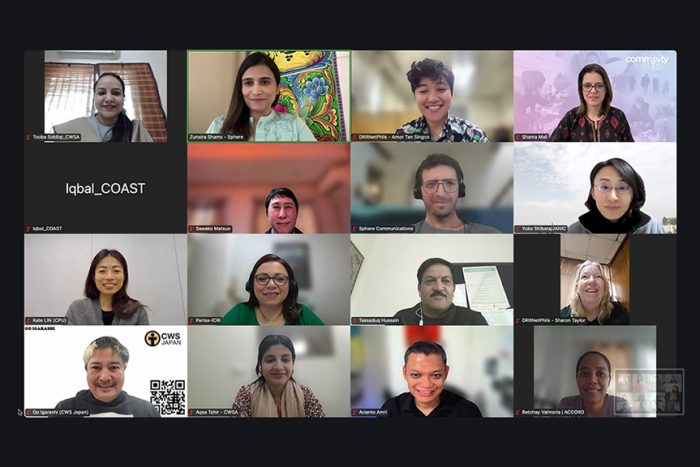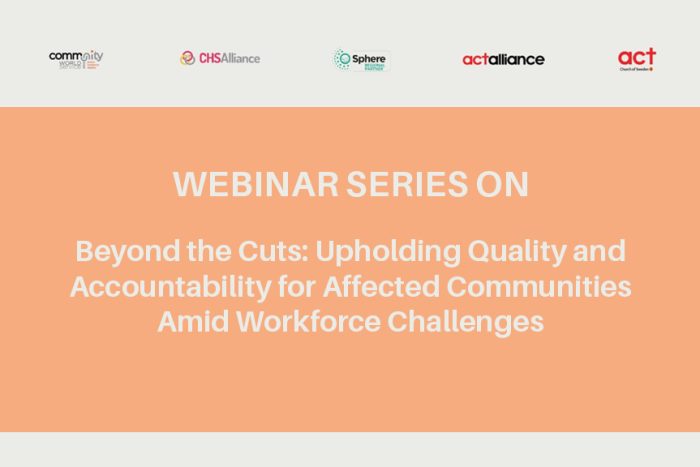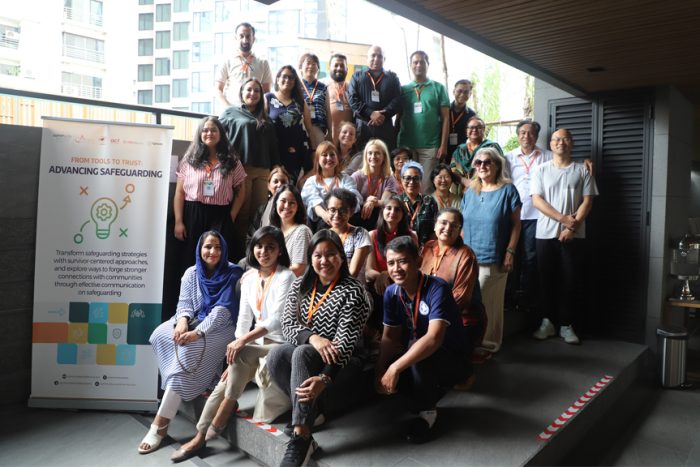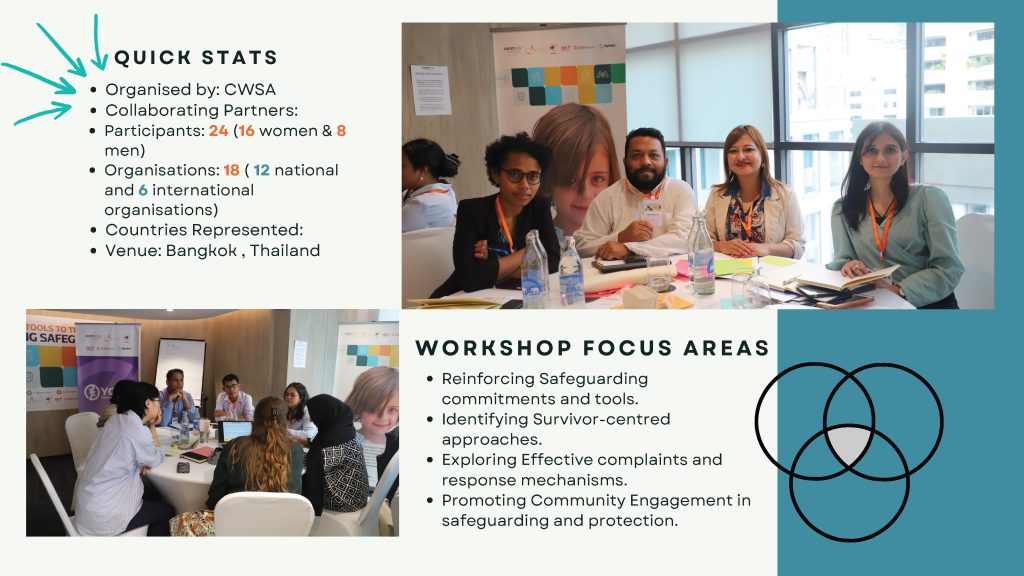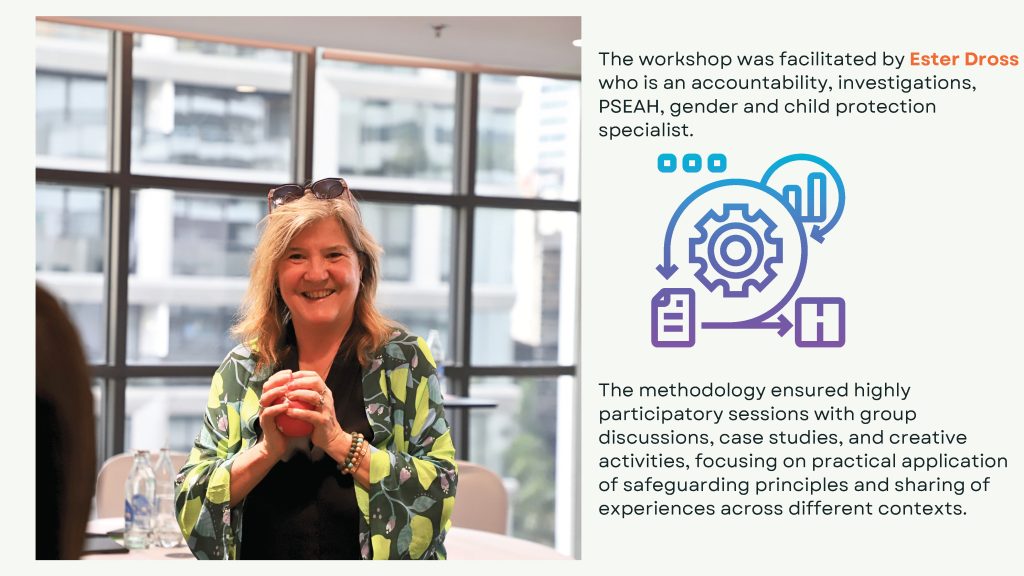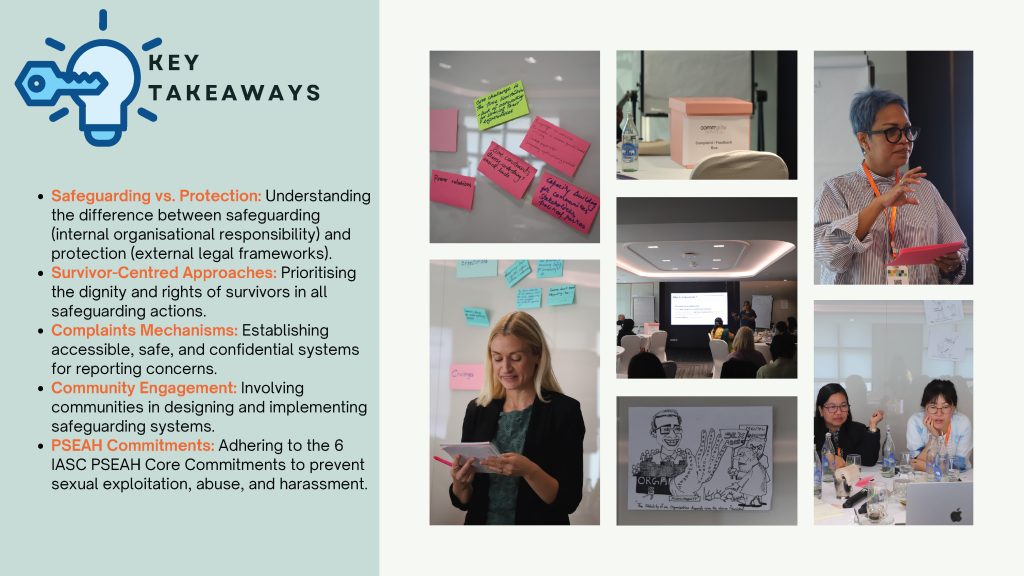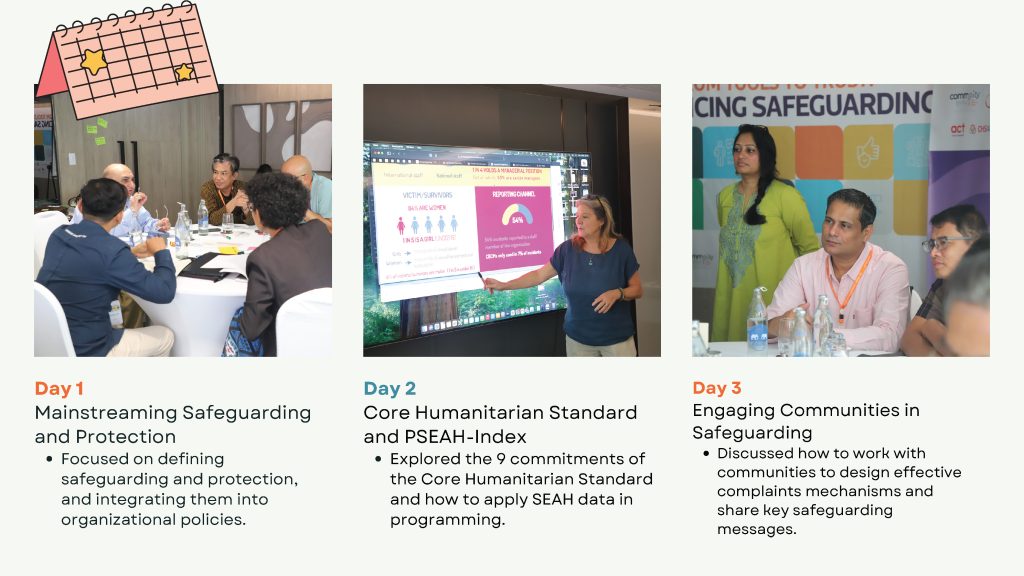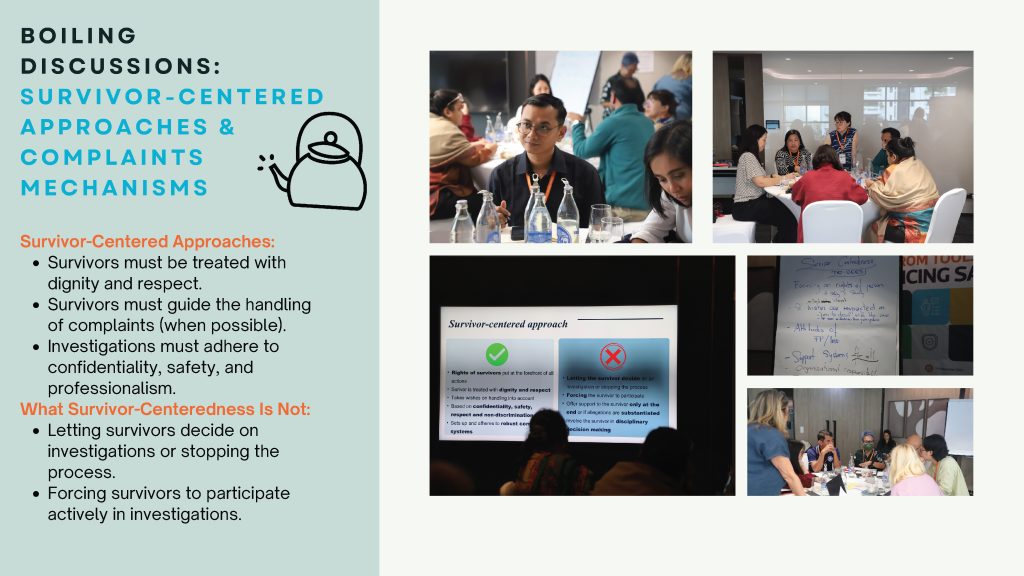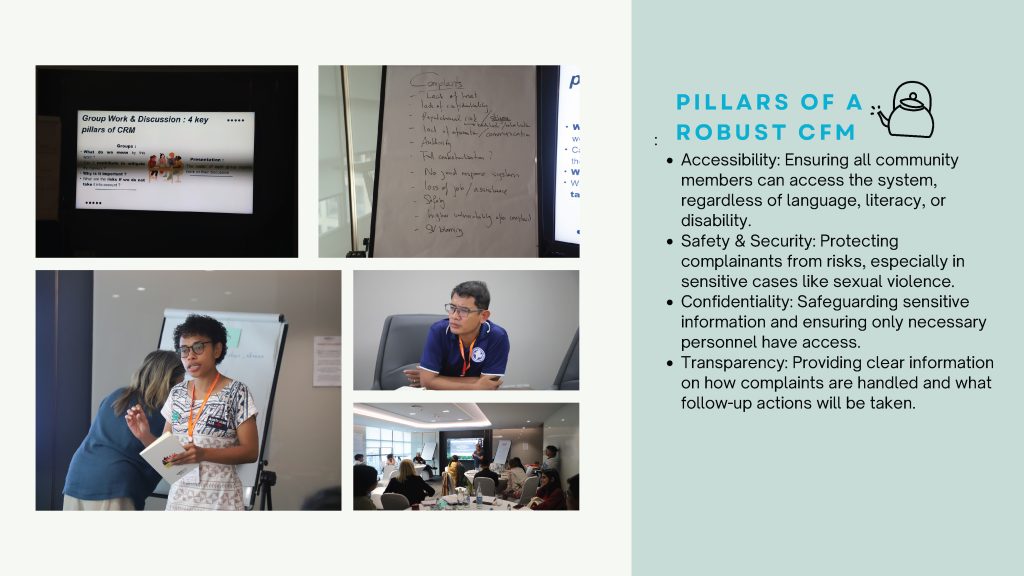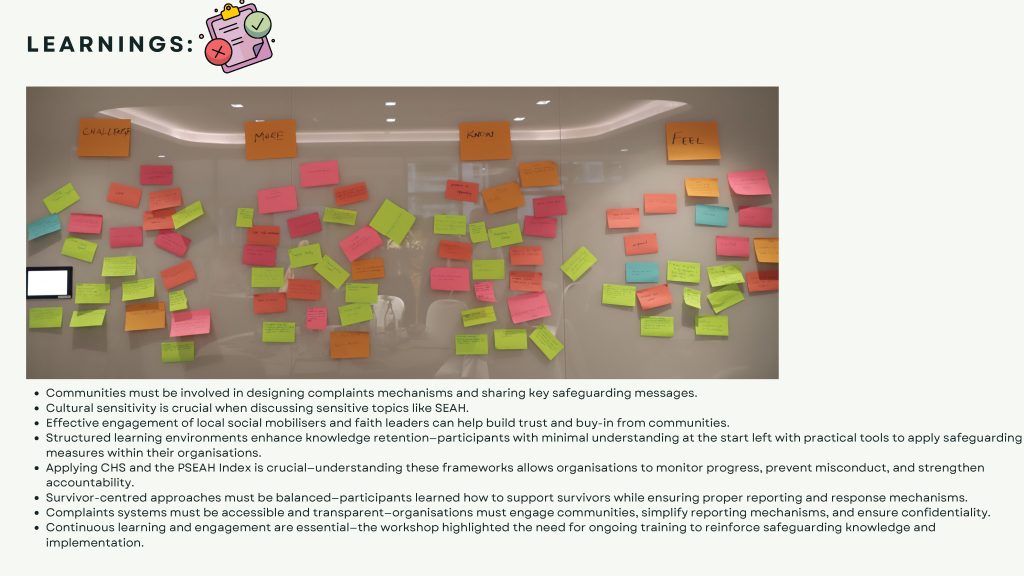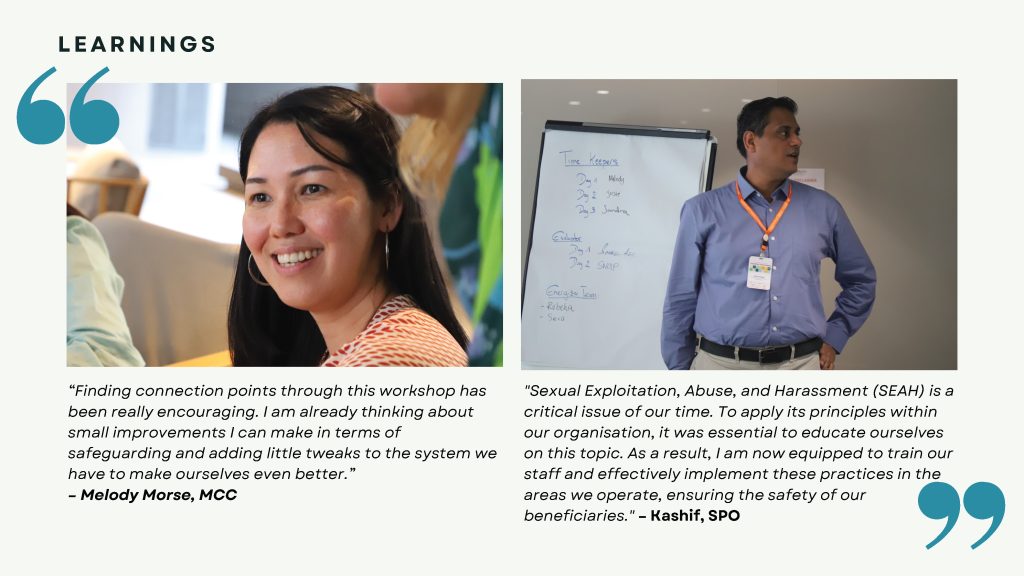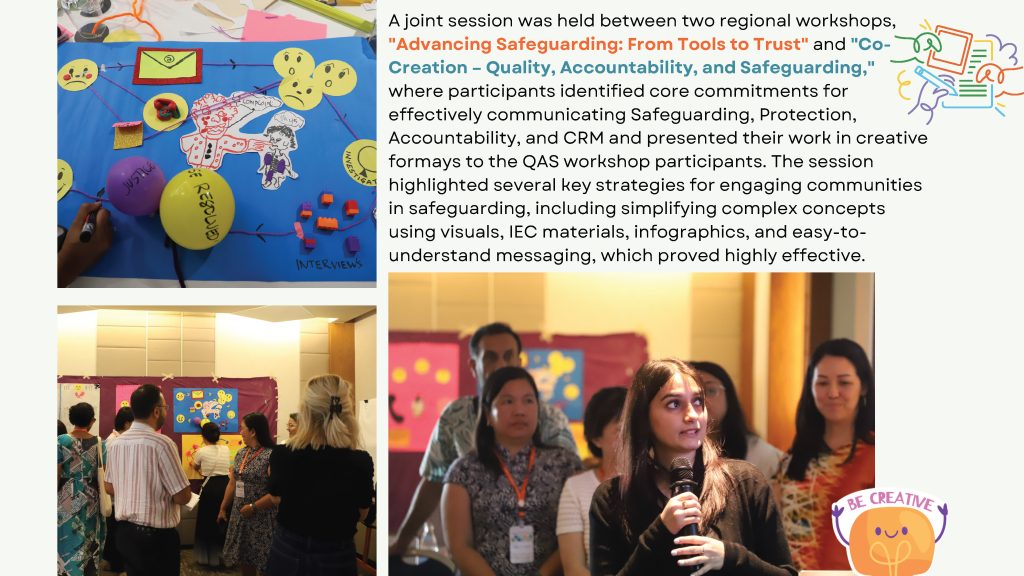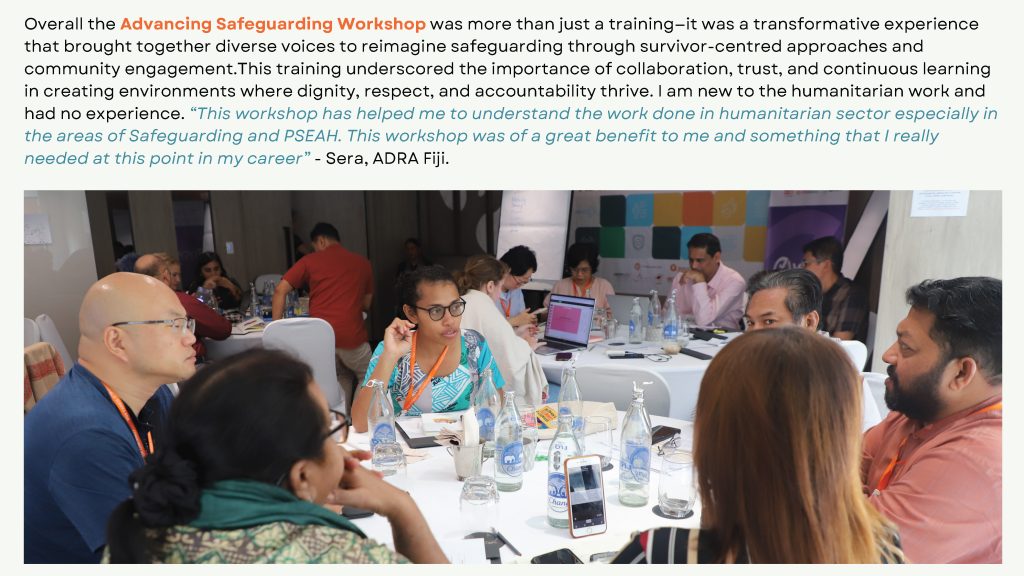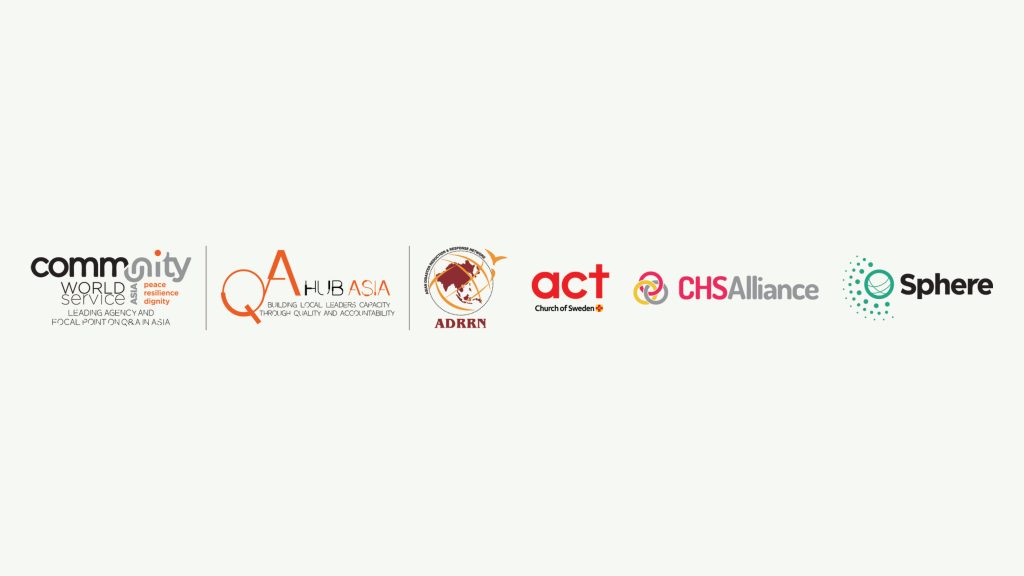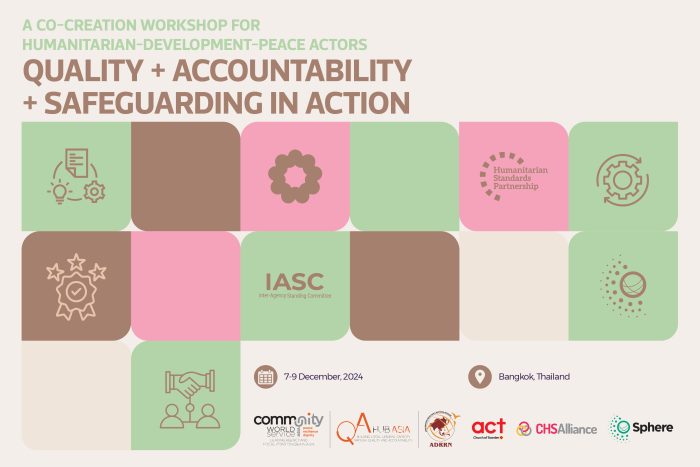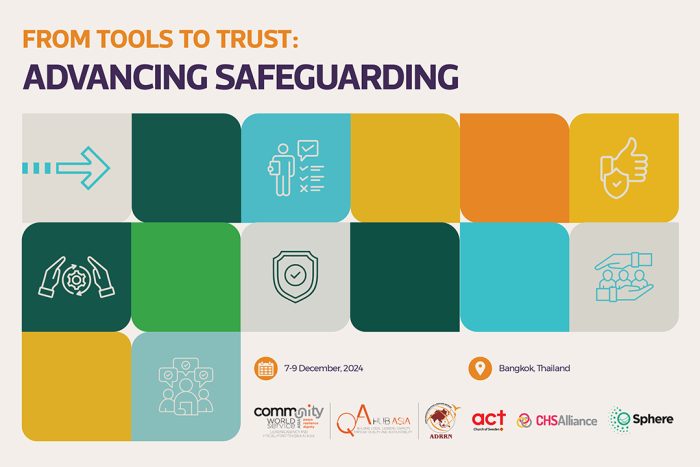Sphere Focal Points (Asia Pacific) Meet in Early 2025
The first quarterly meeting of 2025 brought together Sphere Focal Points from across the Asia Pacific region to discuss the critical issues impacting their work in humanitarian response. With funding cuts, particularly the USAID funding freeze, causing widespread disruption, aid organisations have been forced to adapt and restructure in response to the changing landscape.
Sphere Focal Points shared their experiences, explored strategies for resilience, and discussed the growing importance of maintaining accountability in humanitarian work despite the challenging context. A central theme that emerged was the need for organisations to remain flexible, ensuring they continue to uphold global humanitarian standards such as the Core Humanitarian Standard (CHS) and the Sphere Humanitarian Charter, while adapting to financial constraints.
Impact of Funding Reductions
The meeting’s opening session focused on the financial strain caused by the USAID funding freeze—a significant disruption for many humanitarian organisations. While some organisations, like Sphere, have felt the impact, they emphasised their commitment to survival and continuity, largely thanks to the strong support from focal point communities. CWSA shared how they had to make difficult decisions, including offices and staff contract closures, in the face of funding reductions. Other participants noted that while focal points in Japan, Hong Kong, and Bangladesh have not been directly impacted, their partners have faced challenges.
In response to these funding cuts, organisations have had to adopt rapid adaptive measures, including staff reductions, implementing cost-cutting strategies, supporting colleagues’ mental well-being, freezing new hiring, and exploring alternative funding sources. Despite these challenges, a sense of solidarity emerged, with organisations expressing a strong willingness to support one another during these uncertain times. Innovative solutions for fundraising and outreach were explored, such as pooling resources, sharing grant opportunities, and collaborating with affected organisations to ensure their sustainability.
Alternative funding models were also discussed, including self-generated revenue through courses and advisory services, private philanthropy such as grants and crowdfunding, public finance options like government contracts and results-based financing, and investment income through green bonds, carbon credits, and ESG endowment funds.
As the funding landscape shifts, organisations recognise the need to reaffirm their commitment to Quality and Accountability by reviewing and strengthening their adherence to CHS and Sphere commitments.
Nature-Based Solutions: A Path to Sustainability and Climate Resilience
Another key topic discussed during the meeting was the role of nature-based solutions (NbS) in addressing both environmental challenges and community resilience. Participants shared a wide range of NbS projects, including mangrove reforestation, flood mitigation, and climate-smart agriculture.
Tassaduq, Program Coordinator, from Community World Service Asia outlined several initiatives aimed at reducing carbon emissions and promoting eco-friendly practices, such as introducing energy-efficient stoves, organic farming, and reverse osmosis plants for water conservation.
Amor J. Tan Singco, Lead for Policy Advocacy from DRRNetPhils also shared their organisation’s work in the Philippines, particularly in green-gray flood mitigation and mangrove reforestation. These nature-based interventions not only protect the environment but also increase the resilience of communities vulnerable to climate-related risks, providing sustainable solutions that improve livelihoods. The use of geotextiles and rainwater catchment systems further demonstrated how NbS can be a practical solution to environmental challenges while promoting sustainability.
Dr. Sharon Taylor from Accord, introduced a self-assessment tool developed by the International Union for Conservation of Nature (IUCN), which helps organisations evaluate and improve their nature-based interventions. This tool has proven invaluable in refining strategies and aligning projects with best practices.
A key takeaway from the discussion was the importance of collaboration and shared learning. By working together and exchanging knowledge, organisations can drive innovation and maximize the effectiveness of their humanitarian interventions.
Looking Ahead: Strengthening Collaboration for Future Challenges
Despite financial and environmental uncertainties, the commitment to humanitarian principles remains unwavering. The meeting reaffirmed the sector’s resilience, with organisations continuing to support vulnerable communities, uphold accountability, and embrace innovative solutions.
The next Sphere Focal Points Asia Pacific meeting is scheduled for June 2025, where member organisations will reconvene to assess progress, explore new collaborations, and continue shaping the future of Quality & Accountability in humanitarian and development work.





